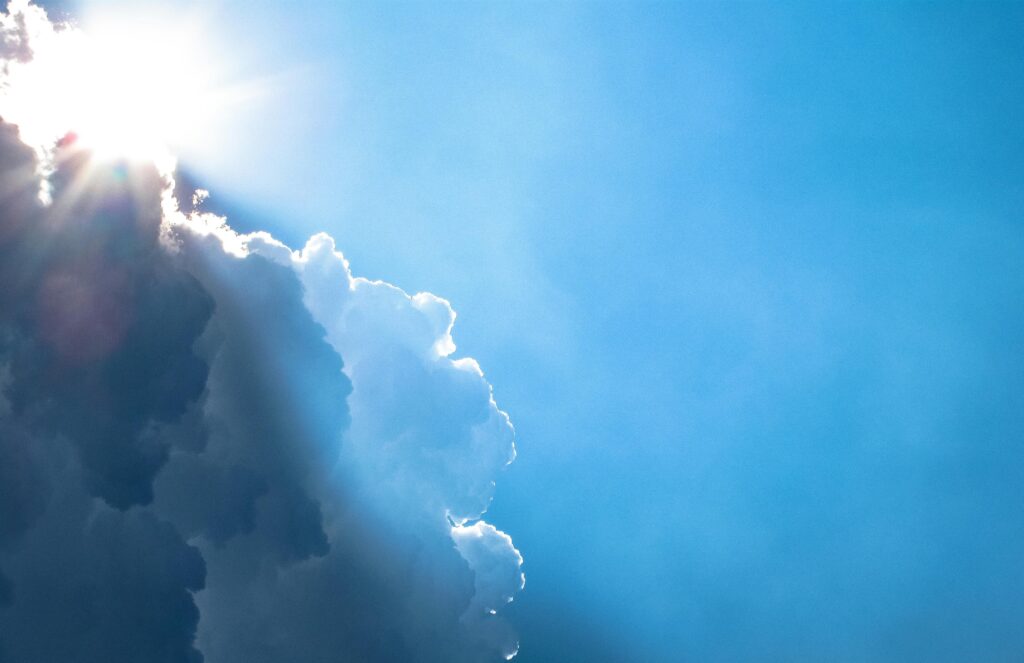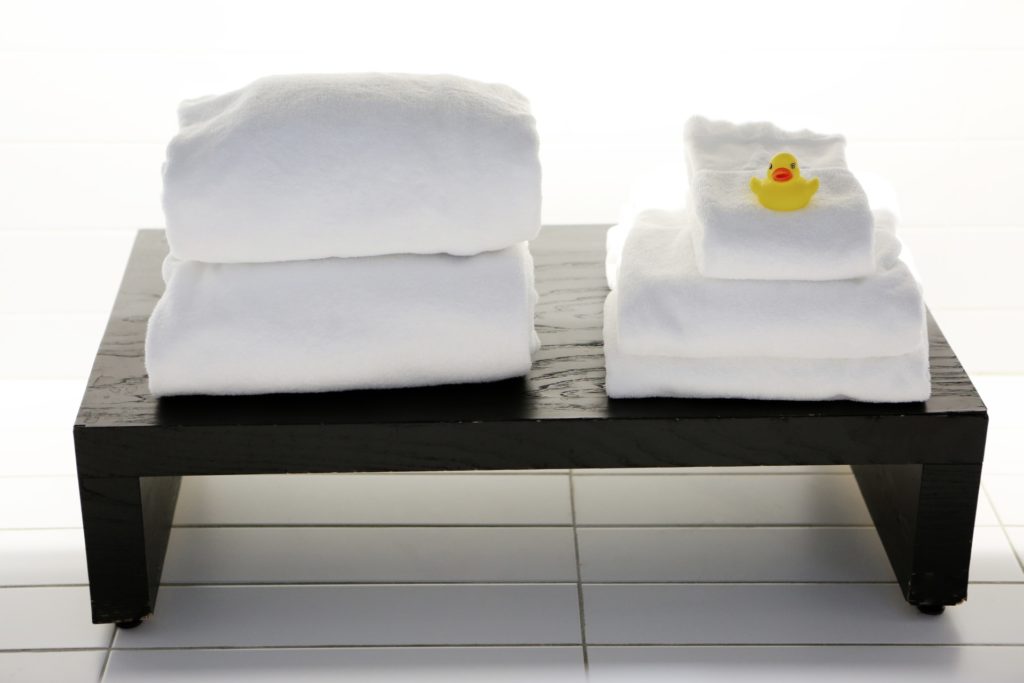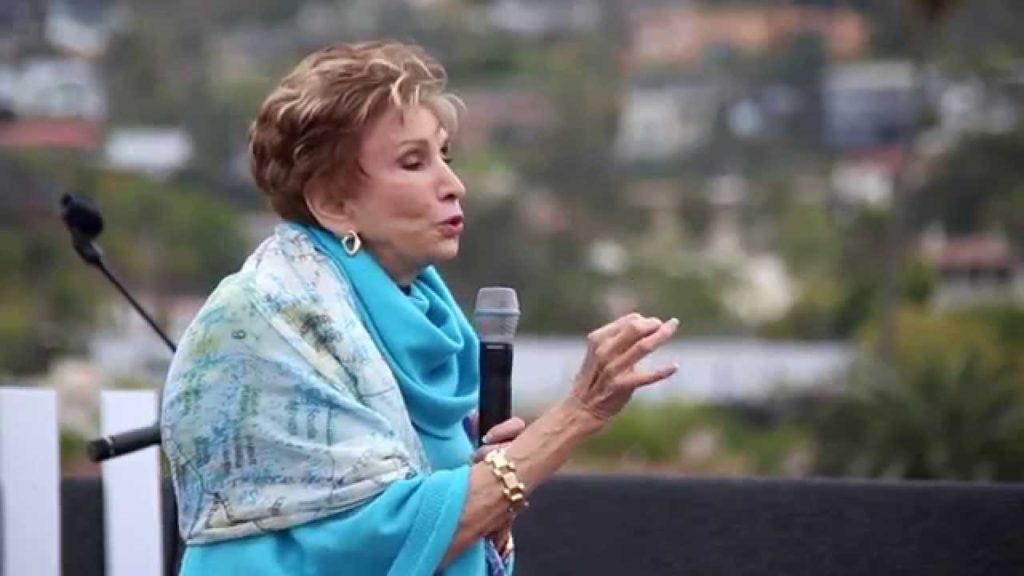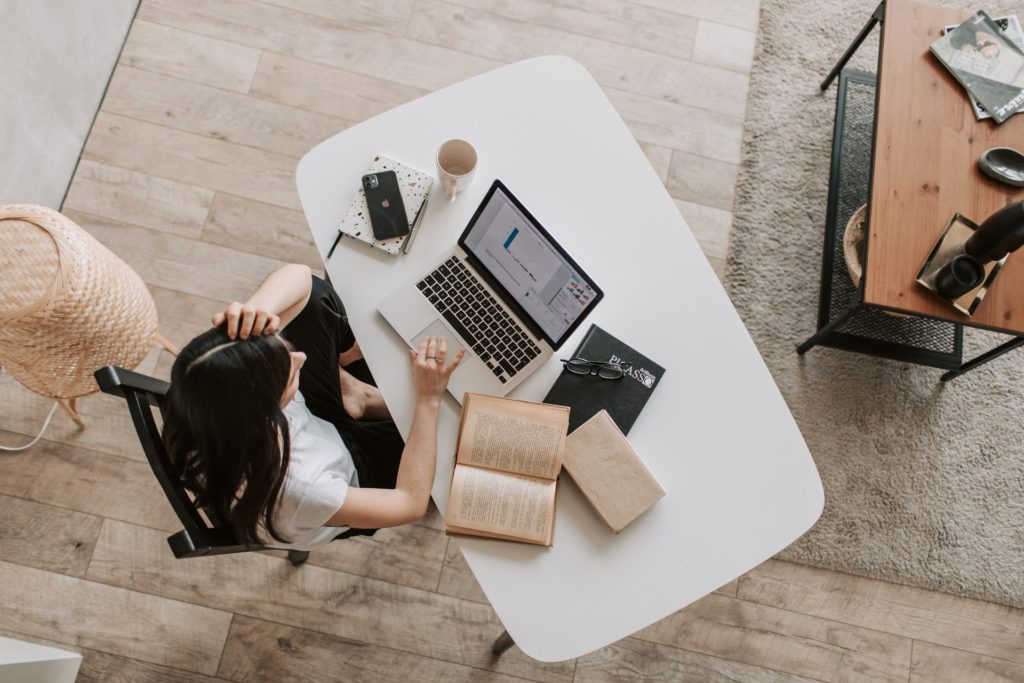This week an old friend asked if I’ve been thinking about how we’ll look back at this period in 5-10 years. I laughed at him.
No, I am not. But if you’re finding yourself in a position to proactively reflect, I hope you’re also spending some of that time keeping a record of what you see right now.
After Hurricane Harvey hit my hometown a few years ago, it sparked a lot of discussions in my circles about global warming. A friend of ours happens to be a professor of oceanography (otherwise known as “a climate change expert”) and he said the most useful pieces of data on an event like that are first-hand accounts. Like within 24 hours, before your memory starts reconstructing what happened and rounding out the edges.
Our memories are notoriously fallible. The act of starting to remember something changes the memory. And we start filling in the blanks with how we (think we) felt, instead of what actually happened.
After I had my daughter, I created a folder in Evernote called, “In Case You Forget.” I wrote a chronicle of all the small details I knew I’d (purposely) forget in order to do what all parents do: tell the story you want your kids to know, instead of the true one.
The truth doesn’t have to be bad to be true. It’s just that our memories tend to operate in feelings instead of facts, so we either block out the pain and whitewash our experience or exacerbate it to the point where it hurts to look at.
Which is why a record is so important.
That way you’re not so reliant on your faulty memories, but instead, you have a long list of things that happened. How much do you wish you could read a page out of the diary of a woman from 1918 Philly right now? Don’t you want to know what she bought in the store? Were there even stores to go to? The department store had literally just been invented. Was milk being delivered in glass containers to her door? How’d she wash her clothes? Did she shower every day? Did her parents live with her? Did she live with them? How did she write letters? With a pen? Did she use oil lamps? If she got a cut, did she use a bandaid? Was plastic a thing yet? What books was she reading? What kind of shoes did she wear? Was she worried about gaining weight? How’d she curl her hair? If she wasn’t going outside, what did she wear? What was life like WITHOUT athleisure? What were people gossiping about!!!
I’m a hypocrite here by the way. I’ve tried to get a record going, even just an email to my daughter about everything that has happened with her each day and I’ve failed each time. Getting to my computer is struggle enough, but then trying to remember – COGENTLY – what happened just an hour before…hell if I know. My brain is gone. Kaput.
My record would be like:
Toddler asked for pancakes. But I’d just made her eggs. I tried tough love and letting her “cry it out” like the other parents told me (“you’re too soft!”), but then the toddler (slowly)(while looking me straight in the eye) took her plate of freshly scrambled eggs and flipped them onto the floor. I wasn’t even mad, I just sighed and thought to myself. “hmph. Why do you let other parents’ advice get to you? Trust yourself dammit. You know your kid.” And then I made pancakes. Using a mix I got at the store made of almond flour so as to offset the excessive amount of wheat my kid has been consuming in the form of “ABC crackers” and “bunny” cereal.
And tbh that’d be perfect because while it’s boring today, to you (and me). In 2121, someone will be glad they have it.
There’s a beautiful story George Saunders shared with Cheryl Strayed in her new podcast Sugar Calling (OMG GO BINGE IT) about the Russian poet, Anna Akhmatova, that I think captures why we need writers and art so badly right now (in addition to The Record):
“[Anna’s] husband was shot and her son arrested during the Stalinist purges.
One day, she was standing outside the prison with hundreds of other women in similar situations. It’s Russian cold, and they have to go there every day, wait for hours in this big, open yard, then get the answer that today and every day, there will be no news.
But every day, they keep coming back.
A woman, recognizing [Anna] as the famous poet, says, ‘Poet, can you write this?’ And Akhmatova thinks about it for a second and goes, ‘Yes.'”
We need writers. We need artists. We need all the professions and skills the world has deemed, “not profitable” (teachers, babysitters, early education specialists, janitors, academics, scholars, library scientists, cleaners, delivery folks, playwrights, chefs).
We need you and we need your work and we need your eyes.
This ongoing debate about the “value” of the arts is a dumb one. You already know why.
So if you’re asking yourself the question, “Should I write?” The answer is YES OF COURSE.
[Replace “write” with sculpt, paint, garden, cook, draw, read, photograph, design, sing, dance, choreograph, direct ]
Vicky Fraser makes the point that “Should I write a book?” is a terrible question. She says that when people say, “Oh! You should write a book!” it puts us on the defensive. A better question is, “Do you want to write a book?”
And an even better question is: Do you want to write?
Because you are Anna.
And we need you to write this for us.
And to encourage those of you who need a little nudge in the direction of what you already know is true, Hillary Weiss and I reached out Vicky (founder of Moxie Books, co-host of the 1,000 Authors Podcast, and author of How The Hell Do You Write a Book?) to chat with us on this week’s, “Hillary and Margo Yell at Websites: Should You Write a Book?”
Enough of this, “I’m not good, I’m not talented.” Stop it. Of course, you’re no good. You’ve barely started. You’re probably terrible. I don’t care about your talent and neither does the world. I care about what you SEE.
Tell us what you see. And start with, Hillary and Margo Yell at Websites (And Friends!): Should you write a book?
Of course you freaking should.
If you want to.
– Margo
PS: One thing I love about Vicky that shines through even brighter in the midst of a crisis, is her optimism about human beings and art. Hillary and I recorded this episode way before the pandemic and we tried our damnedest to be cynical realists about the commodification of books and LOOK WHAT VICKY SLAPPED US WITH. She reminded us that “Books are the repository of human knowledge” and what we were calling “commodification” was actually “democratization.” The differentiation between good and crap is your willingness to turn pro.
Some of us are in situations where we have the gift of extra time, some of us (myself included) are drowning and gasping for air dreaming of the days we can go back and battle it out with the blank page.
Maggie Frank Hsu nailed it on Instagram this week when she wrote (I’m paraphrasing because I can’t find the post), “Some of us are too stressed to write. And some of us are too stressed, so we write.”
So. We. Write.




